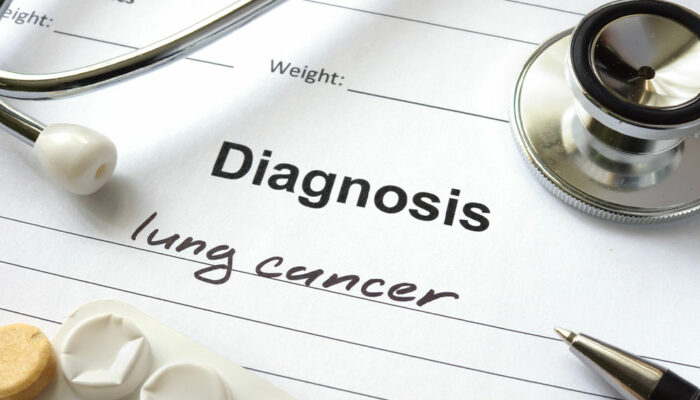
health
6 important questions to ask the doctor during routine visits
A simple search online will present hundreds, even thousands of published articles explaining almost all the health conditions, and everything related to those. However, it is still always better to discuss known symptoms, tests, treatments, and outlook for managing any complications with the doctor. This can be an awkward conversation to have with a healthcare professional. But it is equally important to ask the doctor the following questions for planning proper healthcare. Ask about any symptoms and diagnosis Health complications present a myriad of symptoms, where many signs are common and easily noticeable. However, it is simply not enough to identify these signs of discomfort. One of the primary questions to ask a general physician at the next appointment is how these symptoms can progress. Also, it is important to recognize the primary symptoms to keep track of them so doctors can plan a suitable course of action. Further, if the diagnosis is genetic or chronic, what is the next best step among available treatments. What types of treatments are available? Doctors will recommend the best treatments that may or may not be fully covered by insurance. But never hesitate to ask for alternative treatments and strategies for post-treatment home care.
Read More 








